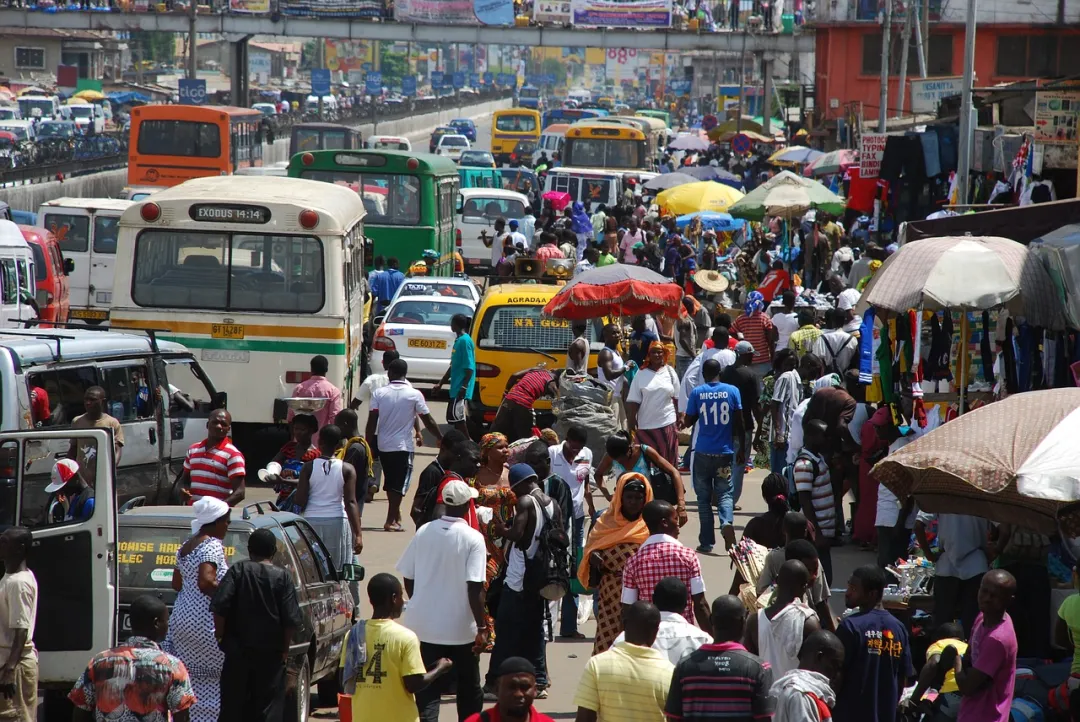Rising in food prices, recent housing price hike, water and electricity has pushed Ghana’s inflation to hit the highest rate since August last year.
According to the Ghana Statistical Service, the increase in the price of Housing, Water, Electricity, Gas and other Fuels (18.7%) triggered the hike in inflation.
Month-on-Month inflation between August and September 2021 was 0.6% (0.3 percentage point higher than what was recorded in August 2021).
Food inflation (11.5%) in September 2021 was higher than last month (10.9%) and just above the average of the previous 12 months (10.4%). However, Food inflation contribution to total inflation dropped from 50.2% last month to 48.6% in September 2021.
Overall month-on-month food inflation was 0.0%. Vegetables, coffee and coffee substitutes, and cereal products were the only subclass that recorded a negative month-on-month inflation.
For non-food, year-on-year inflation on average went up this month compared to last month. It went up to 9.9% from 8.7%.
Out of the 13 division, six had higher year-on-year inflation than the rolling average over the last 12 months. Transport (13.6%) was the division that recorded the biggest difference in this month’s inflation compared to the 12- month rolling average.
Housing, Water, Electricity and Gas recorded a relatively high inflation (18.7%) this month compared to the rolling average (20.0%).
The inflation rate for imported goods was 8.1 % (same as recorded for last month), while the inflation for locally produce items was 11.5%, up from the 10.3% recorded last month.
The Volta region recorded the highest month-on-month inflation for September 2021 of 3.6%.
However, Upper West region recorded the highest inflation rate of 16.8%, followed by Northern region with 15.2%.
Greater Accra region registered an inflation rate of 12.9%, whereas the Ashanti recorded a rate of 11.7%
Transport either recorded positive month-on-month inflation or remained unchanged across all the regions.
The September rate as released by the Ghana Statistical Service is 10.6%, the highest since the economy started recovering from the impacts of covid-19.
The development will affect the cost of living and also the stability of the Ghana cedi and investments.
Government Statistician Prof. Samuel Kobina Annim says the development calls for some further analysis on how covid-19 might have contributed to this challenge and other developments.





